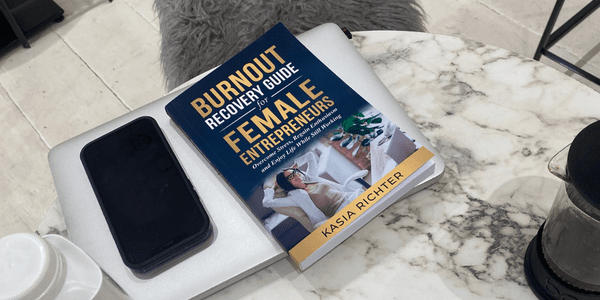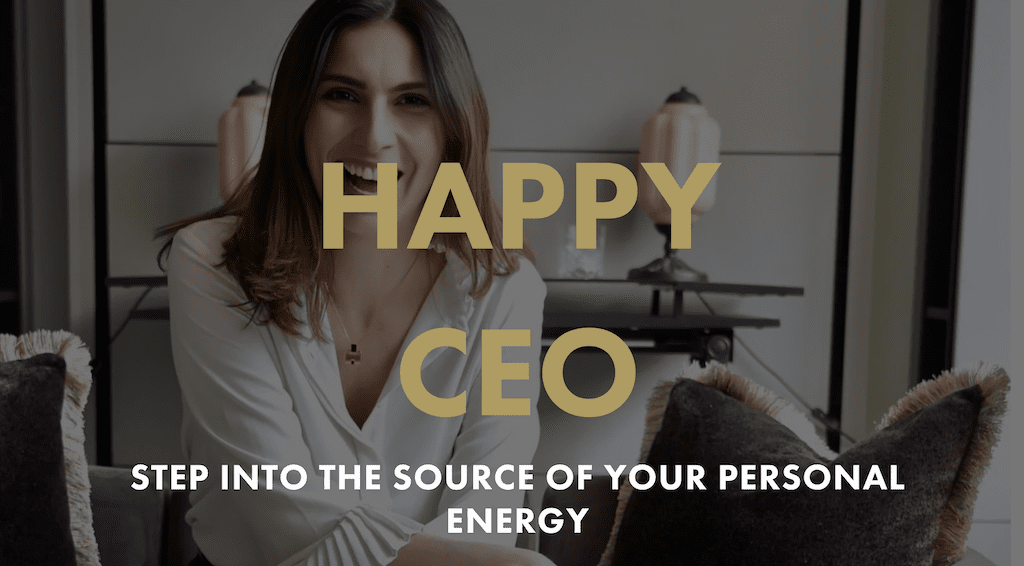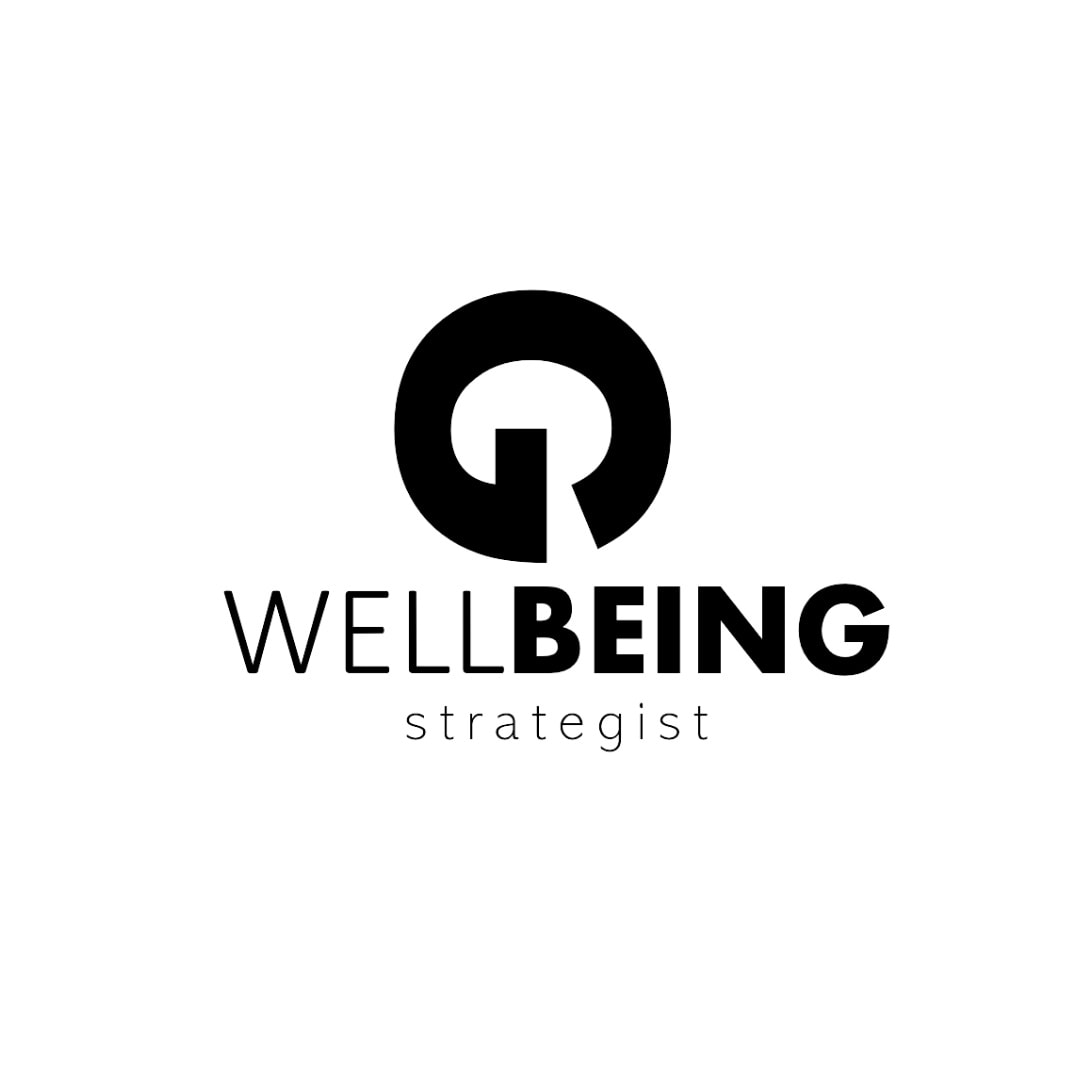In today’s fast-paced society, the term overwork has become a common narrative among individuals striving to achieve their personal and professional goals. The culture of overwork is often seen as a badge of honour, a proof of dedication and commitment to one’s job. However, the effects of overwork go beyond just tiredness. It seeps into the fabric of our lives, affecting our physical and mental well-being. One of the most significant areas impacted is our mental health. Overwork can lead to severe mental health issues that often go unnoticed until they manifest into major health crises.
Table of Contents
The Definition of Overwork
Overwork is not just about working hard; it’s about working too much to the point where work consumes all aspects of an individual’s life. It’s the excessive hours spent working without enough time to rest, rejuvenate, and engage in other life-affirming activities.
The concept of overwork can be dissected into various components:
- Working Long Hours: The culture of working long hours has become normalised in many work environments. It’s not uncommon to find individuals working beyond the standard 40-hour work week. Long hours of continuous work without adequate breaks can lead to a host of health problems.
- Work Hours: The number of work hours is often the most straightforward measure of overwork. However, it’s not just about the quantity but the quality of these hours. Are they filled with stress, high demands, and tight deadlines?
- Hours Per Day: The number of hours per day devoted to work also indicates the level of overwork. A standard workday is 8 hours, but many find themselves working 10, 12, or even more hours daily.
- Hours Per Week: Similarly, the total hours per week can quickly add up to a state of overwork. Individuals working 50, 60, or even 70 hours a week are not uncommon, especially in high-stress industries.
Understanding and acknowledging overwork is the first step towards creating a balanced life. The subsequent sections will delve deeper into the impacts of overwork on productivity, work-life balance, physical health, and mental health, among other crucial areas

The Direct Impact on Productivity
The quest for higher productivity often drives individuals and organisations to push beyond normal working hours. However, this push usually comes at a cost. Overwork can severely hamper job performance. When employees work too much, their ability to think creatively, solve problems, and make informed decisions diminishes. They may start to make more mistakes, miss deadlines, and produce lower quality work. The effects of working too much manifest in a vicious cycle where the more hours one puts in, the less productive they become. This decline in productivity is not just detrimental to the individual but also to the organisation as a whole.
The Deterioration of Work-Life Balance
Work-life balance is a concept that emphasises the importance of maintaining a healthy balance between work responsibilities and personal life. However, in a culture where overwork is glorified, achieving this balance becomes exceedingly difficult.
- Working Overtime: Regularly working overtime can quickly become a norm rather than an exception. The additional hours spent working eat into the time that could be spent with family, engaging in hobbies, exercising, or simply relaxing.
- Overtime Work: The culture of overtime work often comes with the expectation of always being available, which blurs the boundaries between professional and personal life, leading to a state of perpetual work mode.
- Much Work is Too Much: There’s a threshold beyond which work ceases to be productive and starts being detrimental. Recognising when much work is too much is crucial for maintaining mental and physical health.
- You’re Working Too Much: Signs that you’re working too much include feeling constantly fatigued, irritable, and finding no time for anything other than work.
- You’re Overworked: When you’re overworked, even small tasks can feel overwhelming, and the ability to cope with stress diminishes.
- Stop Working: It’s essential to know when to stop working and take breaks. Establishing clear boundaries between work and personal life is crucial for overall well-being.
The deterioration of work-life balance due to overwork can lead to burnout, increased stress, and numerous other health issues. It’s vital to address overwork and strive for a better work-life balance to ensure a healthy and fulfilling life.

The Physical Toll of Long Hours
The ramifications of overwork extend beyond mental fatigue and significantly affect physical health. Prolonged periods of work without adequate rest can lead to chronic conditions and diseases. Some of the adverse health outcomes associated with long working hours include:
- Heart Disease: Numerous studies have correlated overwork with an increased risk of heart disease. The stress and lack of physical activity associated with long working hours can contribute to heart problems.
- Type 2 Diabetes: The risk of developing type 2 diabetes is higher among individuals who work excessively, especially those with a sedentary work lifestyle.
- Coronary Heart Disease: Similarly, overwork has been linked to coronary heart disease, which is concerning given the lethal nature of the disease.
- Hours and Cardiovascular Disease: The relationship between long hours and cardiovascular disease is well-documented. The more hours individuals work, the higher the risk of cardiovascular issues.
- Adverse Health: Adverse health outcomes of overwork also include obesity, hypertension, and a weakened immune system.
Adverse Health Problems: Over time, these adverse health problems can accumulate, leading to a lower quality of life and potentially, a shortened lifespan.

The Mental Exhaustion: Burnout
Burnout is a state of chronic workplace stress that has not been successfully managed. It embodies physical, emotional, and mental exhaustion, which can lead to a sense of reduced accomplishment and loss of personal identity.
- Burnout: The incessant demands of work can lead to burnout, characterised by fatigue, cynicism, and feelings of reduced efficacy.
- Burnout in Employees: Burnout in employees can result in decreased productivity, low morale, and a higher propensity to make mistakes.
- Mental and Physical: The mental and physical toll of burnout can be devastating, affecting not just the individual but also their relationships and overall quality of life.
Mental or Physical: Whether mental or physical, the exhaustion caused by overwork is a serious concern that needs immediate attention and remediation.

Work Stress and Its Escalation
Overwork invariably leads to increased work stress. The pressures to meet deadlines, achieve targets, and outperform expectations can create a cauldron of stress and anxiety.
- Stress Can Cause: Stress can cause a myriad of health issues including heart disease, stroke, and mental health disorders like depression and anxiety.
- Turn to Alcohol: Some individuals might turn to alcohol or other substances as a coping mechanism for managing work-related stress, which in turn, can lead to substance abuse issues.
- Poor Sleep: Poor sleep is another fallout of work stress. The inability to ‘switch off’ after work affects sleep quality, which further exacerbates stress and affects both mental and physical health.
Addressing the root cause, which is often overwork and lack of rest, is crucial to mitigating work stress and promoting a healthier work environment.
The Overtime Trap: Working Overtime Regularly
In today’s fast-paced work environment, falling into the overtime trap is a common occurrence. The quest for achieving more and meeting the ever-demanding deadlines often leads to longer work hours. While an occasional overtime might not be harmful, making it a habit can have serious implications on one’s mental health.
Working more than the standard 40 hours a week can start to strain the mind and body. When the working hours extend to 50 or 56 hours, the ability to disengage and recover becomes harder. Studies have shown that individuals working more than 55 to 61 hours per week are more likely to face mental health issues like anxiety, depression, and stress-related disorders. The situation worsens when the working hours go beyond 70 per week, leaving hardly any time for relaxation, family, or self-care.
Moreover, the extended working hours often come at the cost of sleep, personal relationships, and physical exercise, all of which are crucial for maintaining good mental health. The diminishing returns of working overtime regularly are evident as productivity drops and the risk of errors increases. The vicious cycle continues as individuals may find themselves working extra hours to correct those errors, further exacerbating the mental health issues.
The Importance of Getting Enough Sleep

Sleep is a non-negotiable necessity for a healthy mind and body. Getting enough sleep is paramount as it aids in the recovery and rejuvenation of the mind. Lack of sleep, on the other hand, has far-reaching negative consequences that extend beyond mere physical fatigue. It impairs cognitive functions, emotional regulation, and can significantly affect productivity and overall job performance.
When one is overworked, getting the required amount of sleep becomes a challenge, which in turn, negatively impacts mental health. The cumulative effect of sleep deprivation can lead to chronic mental health issues like depression, anxiety, and other mood disorders.
Moreover, lack of sleep can create a vicious cycle where the individual finds it difficult to manage work-related stress, leading to further sleep disturbances. Establishing a healthy work-life balance, and thereby ensuring enough time for restorative sleep, is crucial for safeguarding mental health against the detrimental effects of overworking.
Creating an environment that promotes a balanced lifestyle, and recognising the signs of overwork and sleep deprivation early, can go a long way in fostering a healthy, productive, and mentally sound workforce.

The Risk to Employers: Overworking Employees
Overworking employees isn’t just detrimental to the individuals, but it also poses a substantial risk to employers. A burnt-out, fatigued workforce can significantly impact the productivity, creativity, and overall morale of the workplace. The consequences of overworking can manifest in various forms such as increased errors, decreased productivity, higher absenteeism, and a higher turnover rate. These, in turn, can lead to financial losses and a tainted company reputation.
Employers have a pivotal role in creating a conducive work environment. It is imperative to encourage employees to take regular breaks, utilise their vacation days, and maintain a healthy work-life balance. Offering flexible working hours, promoting physical activity, and providing mental health resources are measures that can help your employees maintain good mental health. When employees are well-rested and less stressed, they are more likely to be engaged, productive, and contribute positively to the workplace culture.

The Happy CEO
The Happy CEO executive burnout program is an innovative approach to equip executives, especially those at the c‑level, with tools, strategies, and resources to manage stress, promote well-being, and maintain a balanced approach to work and life. Designed with the unique challenges and pressures of leadership roles in mind, the program delves deep into the intricacies of executive responsibilities, offering solutions that resonate with the experiences of those at the helm of organisations.
Program Highlights
- Personalized Coaching Sessions: These sessions focus on understanding the individual challenges faced by the executive and devising tailored strategies to address them. Through one-on-one interactions, executives gain insights into their stress triggers and learn how to mitigate them effectively.
- Work-Life Balance Workshops: These workshops emphasise the importance of maintaining a clear boundary between professional and personal lives. They offer actionable strategies to achieve this balance, ensuring that executives don’t feel overwhelmed by their roles.
- Mindfulness and Meditation Training: Recognizing the benefits of mindfulness in reducing stress, the program incorporates meditation and mindfulness techniques. Executives are taught how to use these tools to centre themselves, making them more resilient in the face of work-related challenges.
- Networking and Peer Support: One of the invaluable aspects of the Happy CEO Program is the opportunity for executives to network with peers who face similar challenges. By sharing experiences and solutions, participants can benefit from collective wisdom and support.
- Resource Kit: Participants are provided with a comprehensive resource kit, including books, digital tools, and reference materials, all aimed at equipping them with knowledge and strategies to combat burnout.
Impact
Companies that have integrated the Happy CEO Program have reported marked improvements in their executives’ well-being, job satisfaction, and overall productivity. The program not only addresses burnout but also proactively promotes positive mental health, ensuring that executives lead their teams with renewed vigour and clarity.
By investing in executive burnout programs like the Happy CEO, organisations affirm their commitment to the well-being of their leadership, acknowledging the pivotal role they play in steering the organisation’s success. It becomes a testament to the fact that when leaders thrive, so does the entire organisation.

Conclusion
The health and well-being of employees should be a paramount concern for both individuals and employers. Overworking leads to a myriad of mental and physical health issues which can severely impact one’s ability to perform optimally and enjoy life. The culture of glorifying overtime and ignoring the signs of burnout needs to be replaced with a culture that prioritises a balanced lifestyle, adequate sleep, and mental wellness.
Promoting a balanced work-life scenario is not only beneficial for the employees but also for the long-term success and sustainability of the organisation. Recognising the signs of overwork and taking proactive steps to address it can create a more positive, productive, and healthy work environment. Ultimately, a happy and healthy workforce is the backbone of a thriving organisation and is essential for fostering growth, innovation, and job satisfaction.
Transform your mindset
In today’s demanding corporate landscape, the dread of burnout looms larger than ever. The detrimental effects of overworking have been well-documented through numerous studies and real-world evidence. A systematic review and meta-analysis of published and unpublished data reveal a troubling link between long working hours and an increased risk for stroke and coronary heart disease. The COVID-19 pandemic has further exacerbated this crisis, blurring the lines between work and home, often leading to longer hours of work, even as individuals eat at their desk.
The alarming findings from the 5‑year follow-up of the Whitehall study, along with numerous meta-analyses of published studies, have echoed the same concerns. It’s reported that people who worked 55 or more hours a week witnessed a stark increase in disease risk compared to those adhering to a standard 40-hour work week. The excessive working hours, sometimes without any substantial breaks, have not only heightened the risk of physical ailments but also cause severe mental health issues.
It’s high time to break this vicious cycle of overworking and under-recovering. The “Happy CEO Executive Burnout Program” is meticulously designed to address and alleviate the symptoms of burnout, helping executives regain their vigour, focus, and equilibrium. This program is rooted in scientific principles and tailored to meet the unique needs of every individual, ensuring a holistic approach towards combating the detrimental effects of overwork.
Whether you’re a CEO feeling the weight of endless responsibilities or an executive striving to balance the scales of work and personal life, the “Happy CEO Executive Burnout Program” offers a robust foundation to rebuild a healthier work ethos. Embrace the opportunity to redefine your work-life dynamics, fostering not only personal health and well-being but also nurturing a conducive environment for your team to thrive.
Take the first step towards a balanced and fulfilling work life. Engage with the “Happy CEO Executive Burnout Program” and embark on a transformative journey towards optimal health, productivity, and satisfaction.





